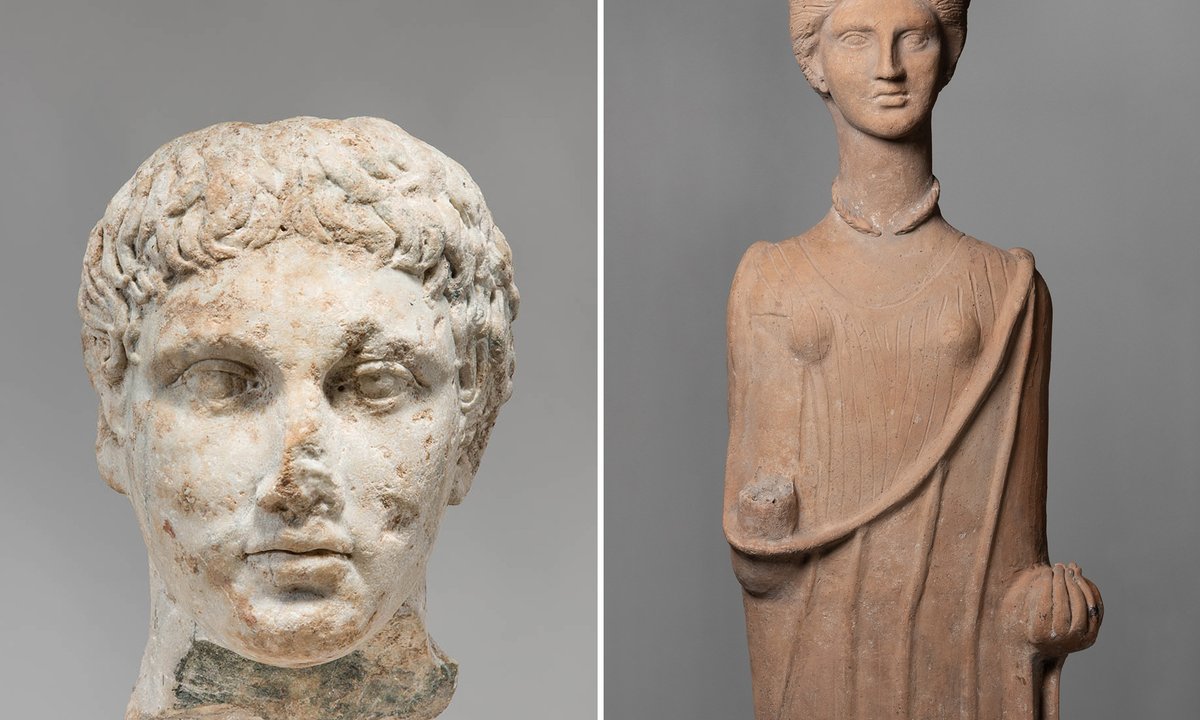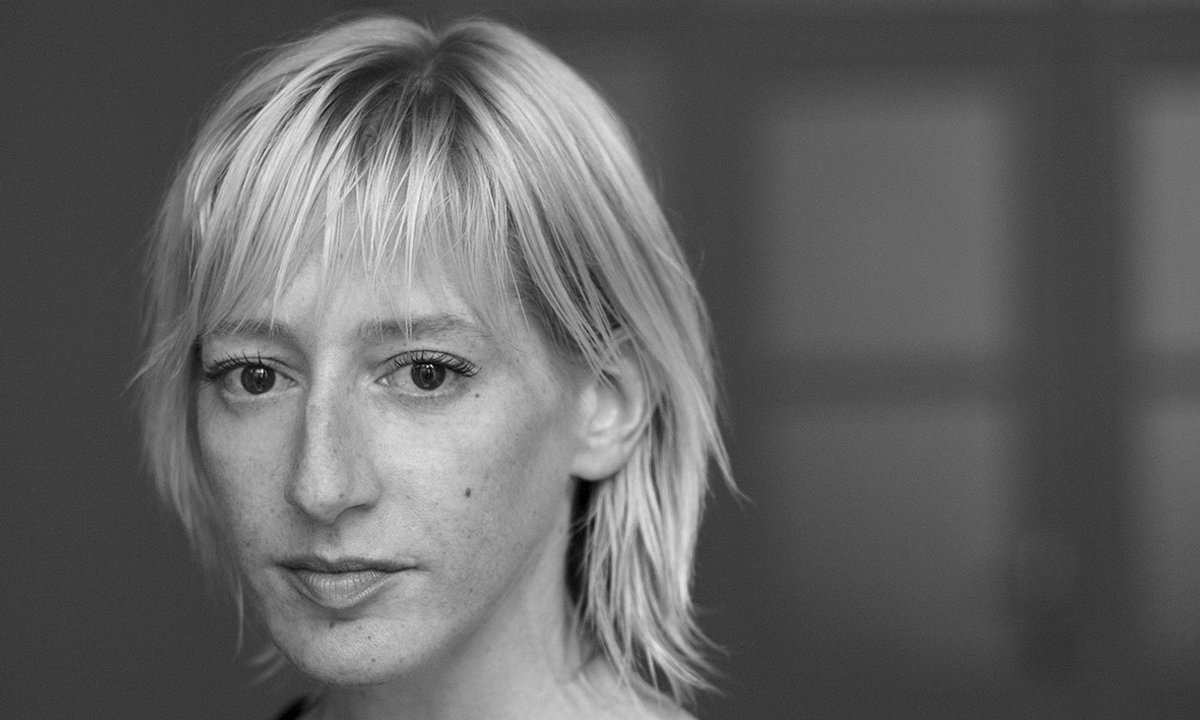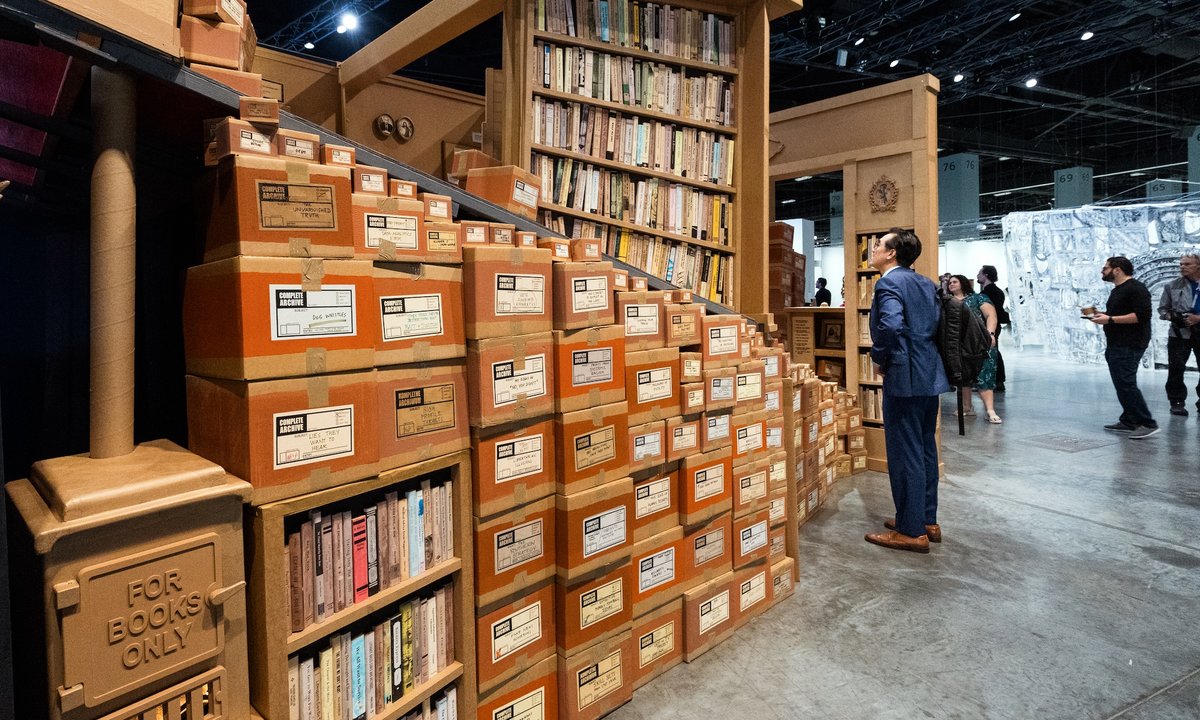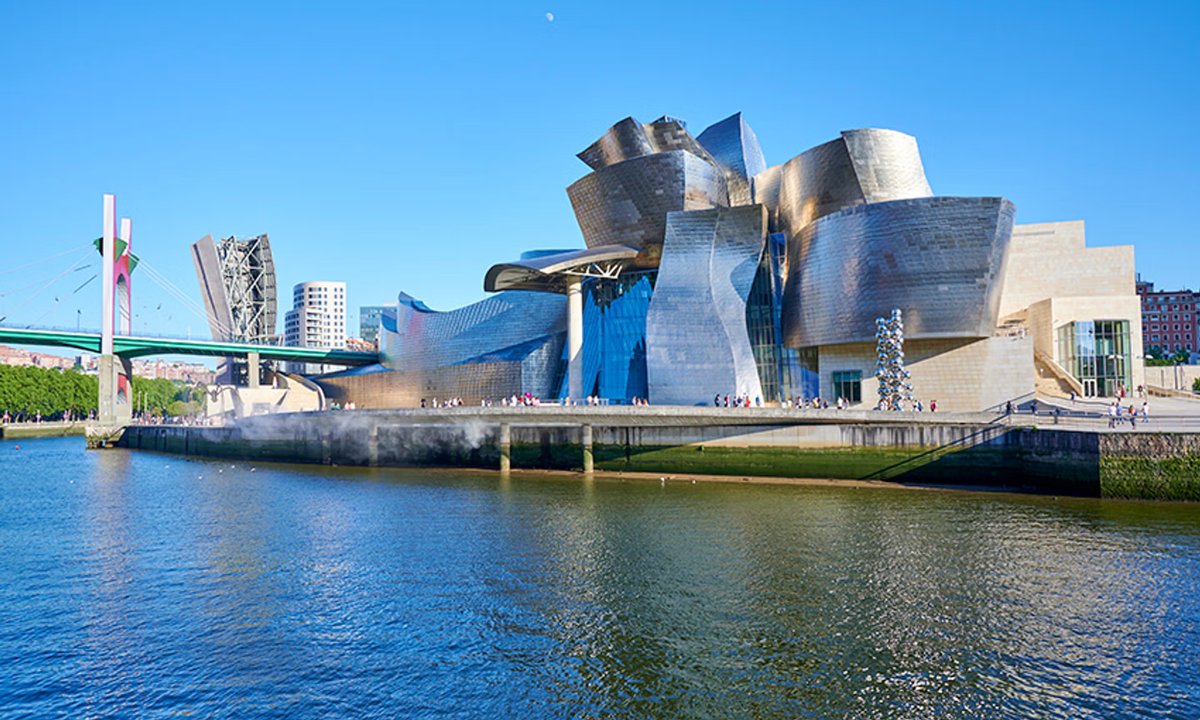
Naomi Beckwith, the deputy director and chief curator of the Solomon R. Guggenheim Museum, has been appointed to curate the 16th edition of Documenta, the sprawling contemporary art exhibition that takes place in the German city of Kassel every five years. The next edition will take place in 2027 (12 June-19 September), following a controversial 2022 edition that was mired in a controversy over antisemitism.
Beckwith, a graduate of the Courtauld Institute of Art in London, has held curatorial positions at the MCA Chicago and the Studio Museum in Harlem. “Her exhibitions, lectures, and publications have centred on the impact and resonance of Black culture on multidisciplinary practices within global contemporary art,” says a Documenta statement.
Beckwith says in a statement: “I am humbled by the breadth of this responsibility and equally excited to share my research and ideas with this storied and generous institution: one that affords space and time for focus, deep study, exploration, experimentation, and awakenings for artists, curators, and audiences alike.”
The previous Documenta made waves after the Jakarta-based collective ruangrupa, who curated the 2022 exhibition, presented artistic perspectives from the Global South, examining the consequences of racism, colonialism and capitalism. But before the opening, two antisemitic images in the monumental work People’s Justice (2000), by the Indonesian artist collective Taring Padi, sparked a furore.
At first the work was only covered up, but following a backlash, was later removed. In the weeks that followed, accusations of antisemitism were also made against other works in the show. The calls for Sabine Schormann, then general director of Documenta, to resign became ever louder and in July 2022 she stepped down.
A report published early 2023 backed the antisemitism claims. The document—compiled by a committee of seven experts in art, antisemitism research, conflict studies, law and political science—confirmed that some works on display at Documenta 15 “convey statements that can or must be interpreted as antisemitic”.
The turmoil continued in November 2023 when the four remaining members of a finding committee responsible for choosing the art director of the next Documenta resigned en masse. Their decision came after the departure of Ranjit Hoskoté, a writer who came under fire from the German media and government for signing a statement that was viewed as antisemitic. A new finding committee was appointed in July.
In an interview in 2022, Ade Darmawan, a director-member of ruangrupa, said: “Most Western art institutions have been colonised to such an extent—from education to business models—so when different voices are in charge it becomes a threat. Ruangrupa represents a very different way of doing things and the fact that this show was about placing things into practice, rather than sloganeering, was a real threat to certain authorities—be they museum directors, art market players or even politicians.”
Timon Gremmels, Hessian minister of state for science and research, arts and culture, says in a statement: “We have struck a good balance between freedom of art and discourse and protection against antisemitism and discrimination.”
Sven Schoeller, the Lord Mayor of Kassel and the deputy chairman of Documenta’s supervisory board, said today (18 December): “Suffering one of the severest crises [in its history], many said Documenta is dead. We focused on the contents and situation. We never lost our confidence in Documenta…. [it is a] place where important societal conflicts of the time are being discussed.”







